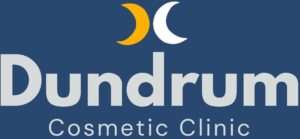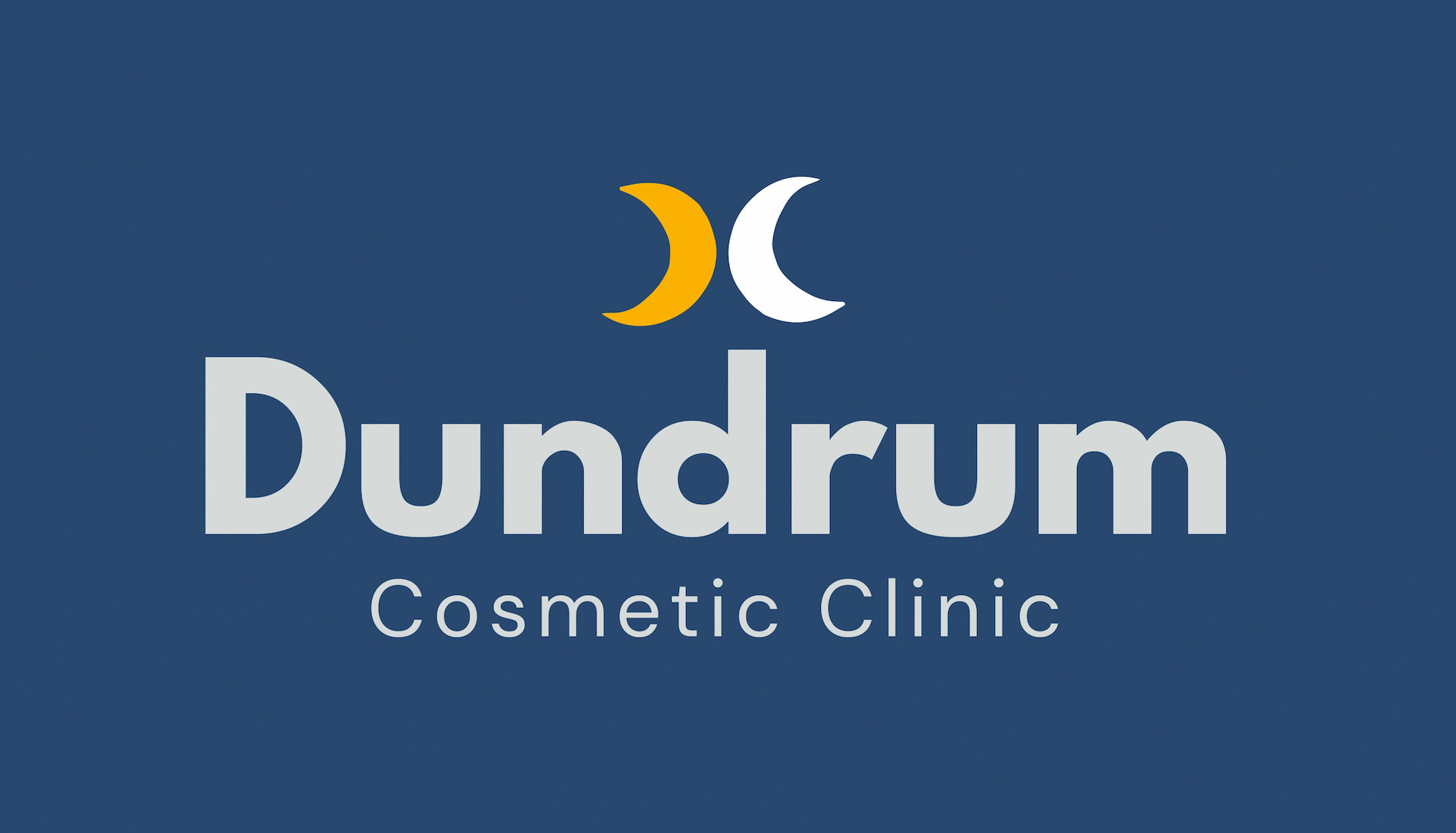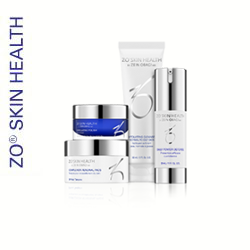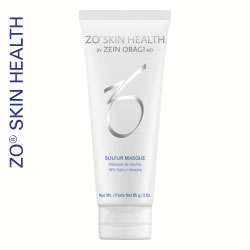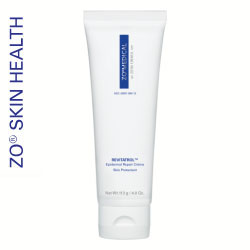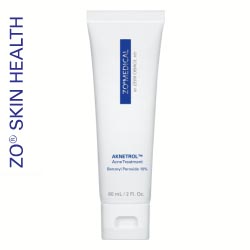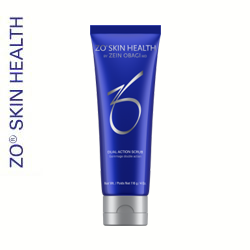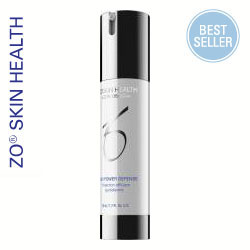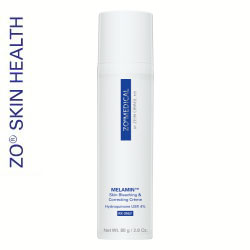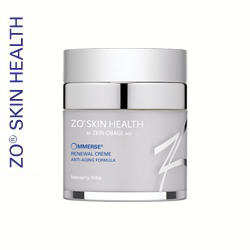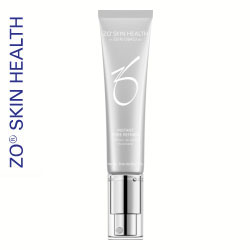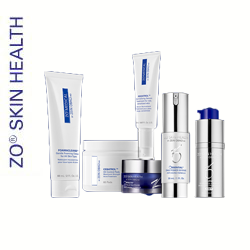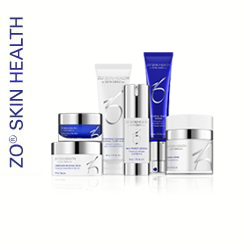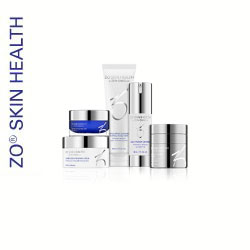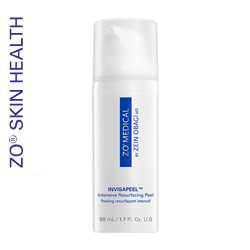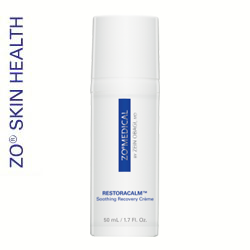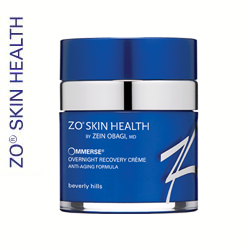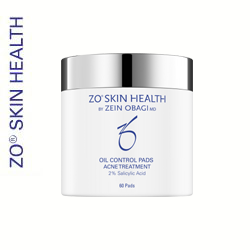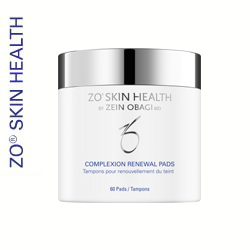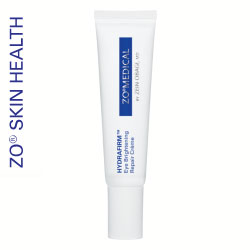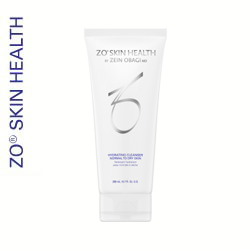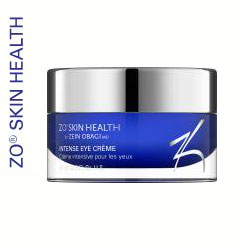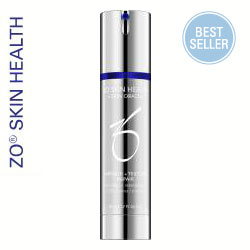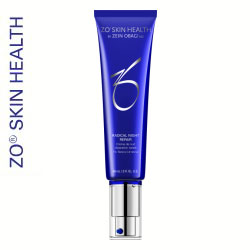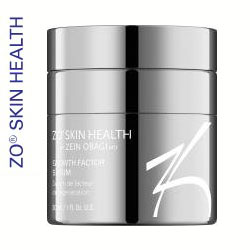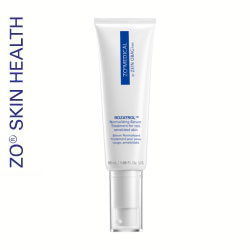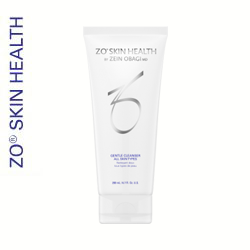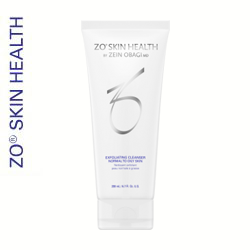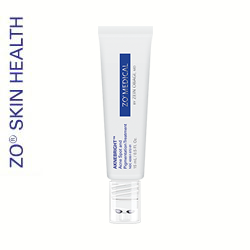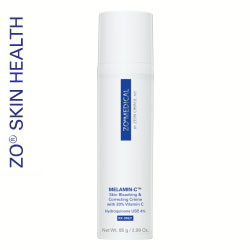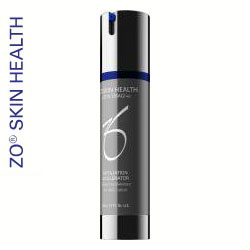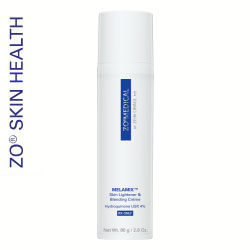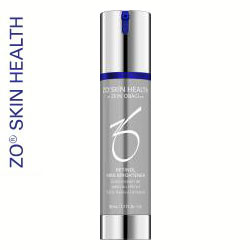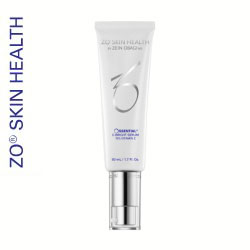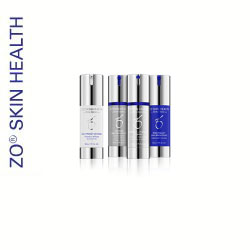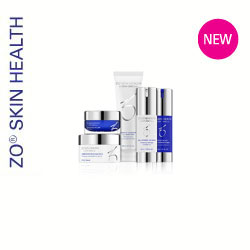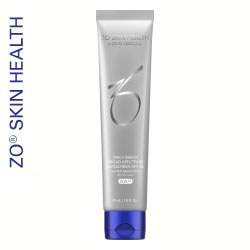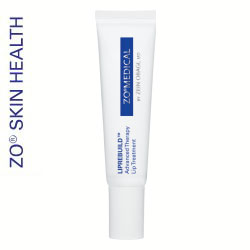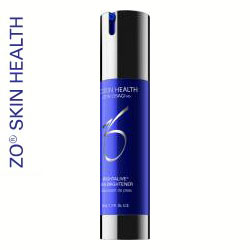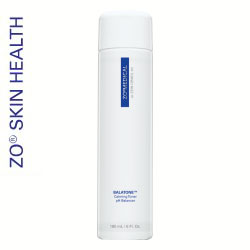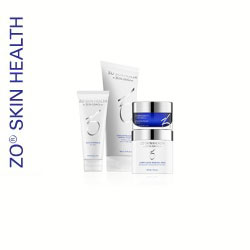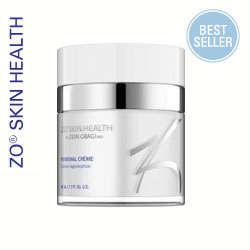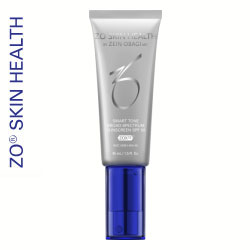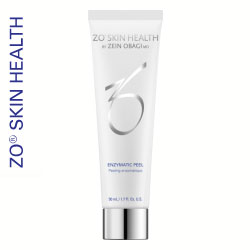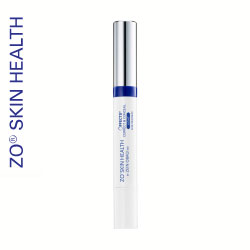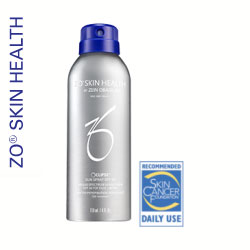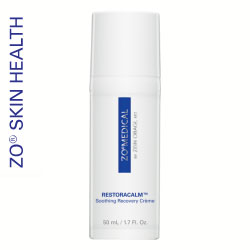Collagen: all you need to know

What is collagen?
Collagen is a vital protein that provides your body with strength and structure. It helps to keep your skin looking firm and fresh. It prevents sagging and hides visible signs of ageing.
But collage isn’t just important for your skin – it’s also important for maintaining the strength of muscles, bones and joints. In short, it’s a very important part of your body.
Collagen in cosmetic treatments
Collagen is also an important part of modern cosmetic treatments. Why? Because not only is boosting collagen an effective way of getting results for your skin, it’s also natural.
Although some treatments work by artificially enhancing your skin, collagen is a protein that’s found in your body. So when you top up your levels, your skin naturally starts looking firmer, fresher and younger. It’s a case of stimulating your body’s natural processes.
Here are some examples of cosmetic treatments that work by boosting your collagen levels:
Yet there’s a reason why these treatments are so popular with our customers – because the older we get, the less collagen your body produces.
Why our collagen levels decrease
The only problem with collagen is that as we age, our body stops producing so much of it. It’s why our skin tends to sag as we age – and also why it is such an important part of anti-ageing treatments. But ageing isn’t the only thing that can lead to a drop in collagen levels. Environmental factors can also affect them, including:
- Overexposure to the sun
- Excessive alcohol
- Smoking
- Lack of sleep
- Not enough exercise
So although our bodies produce less collagen as we age, you can slow the process down by:
- Always using sun cream and avoiding extreme heat
- Drinking in moderation
- Quitting smoking
- Getting enough sleep
- Getting enough exercise – the HSE recommends that adults aged 18–64 get at least 30 minutes a day of moderate intensity activity, five days a week (or 150 minutes a week).
However, there’s only so much you can do to keep your levels topped up naturally. And there may come a time when you need to find other ways of making sure your body has enough of this vital protein.
How to boost your collagen levels
Supplements
Supplements are a popular way of boosting your collagen levels, with little risk of side effects. And the medical evidence suggests that they can be effective for improving the hydration, density and elasticity of your skin.
But other studies do caution that there’s still limited research into the topic. Also, the studies are often funded by the companies that sell supplements, which could make them biased.
Skin products
Any skincare product that claims to contain collagen probably won’t be that effective at boosting your collagen levels. That’s because the protein is found deep within your body, and surface-level serums simply won’t get it into your body effectively.
Certain foods
A balanced diet should always be a big part of your life, but getting the right foods in your system can also boost collagen levels. Try to go for food rich in protein, zinc and vitamin C in particular. This certainly isn’t a quick fix, but over several years there’s plenty of evidence to suggest it can be effective.
Special treatments
Maybe the most effective way of topping up your collagen is through special cosmetic treatments. For example, many skin rejuvenation treatments work by stimulating the production of collagen in your body, which in turn keeps your skin looking firm and healthy. These treatments can work in a number of different ways:
- By gently heating your inner layers of skin (e.g. through the Exilis)
- By injecting special substances into your skin (e.g. Profhilo)
- By helping your body absorb special serums (e.g. Microneedling)
One of the biggest benefits of these treatments is that they can target specific areas, whilst supplements deliver collagen to all over your body.
Summary
Collagen is a protein in your body that helps to stop your skin from sagging. Our bodies produce less collagen as we age, but certain changes to your lifestyle can keep your levels topped up. There are also plenty of supplements and special treatments that can help.
